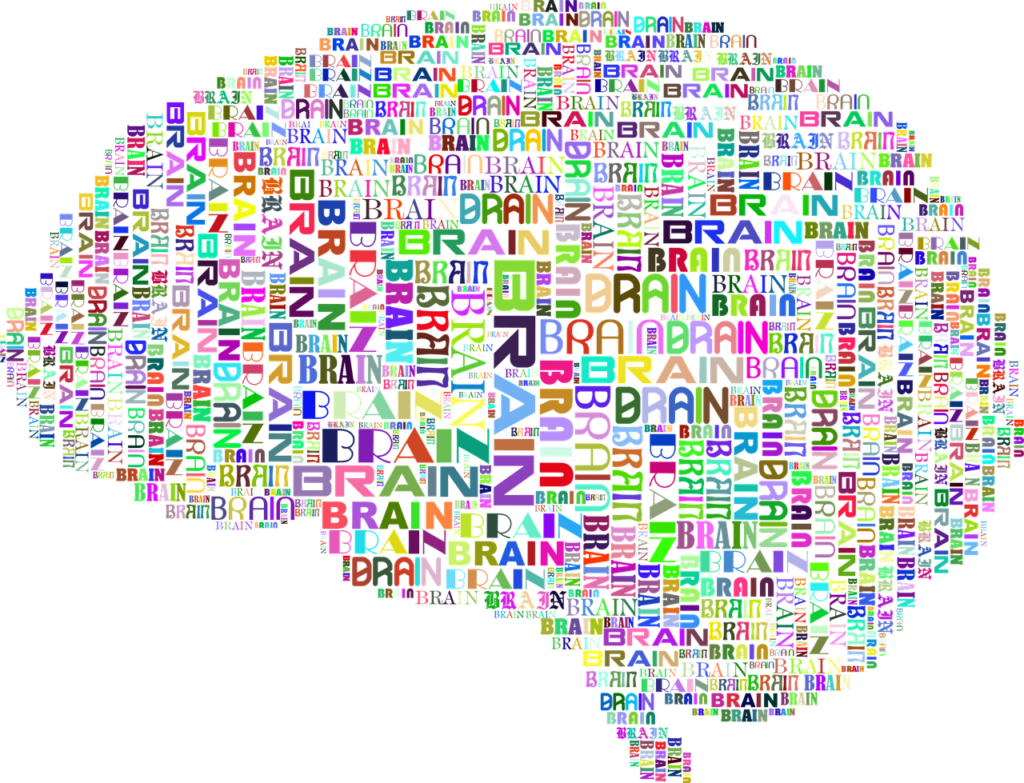Mental health is as crucial as physical health for a fulfilling, productive life. This comprehensive guide explores how maintaining your mental well-being can transform various aspects of your life, offering practical advice for nurturing your mental state.
Understanding the Basics of Mental Health
Mental health involves our emotional, psychological, and social well-being. It affects how we think, feel, and act in daily life. It also helps determine how we handle stress, relate to others, and make choices. Positive mental health allows people to realize their full potential, cope with the pressures of life, work productively, and make meaningful contributions to their communities.
Key Strategies to Enhance Mental Health
- Practice Mindfulness
Mindfulness involves staying present and fully engaging with the here and now. This practice can reduce stress and anxiety, enhance focus, and improve overall emotional health.
- Engage in Regular Physical Activity
Exercise is not just about aerobic capacity and muscle size. Sure, exercise can improve your physical health and physique, trim your waistline, improve your sex life, and even add years to your life. But that’s not what motivates most people to stay active. People who exercise regularly tend to do so because it gives them an enormous sense of well-being.
- Connect Socially
Isolation can be a significant contributor to mental health issues. You can gain emotional support and strengthen your resilience by connecting with friends, family, or community groups.
- Seek Professional Help When Needed
Therapy can be an effective treatment for mental health issues, not just a means to cope with life’s challenges. Mental health professionals can provide guidance, support, and strategies to improve mental health.
The Transformative Impact of Positive Mental Health
Enhanced Cognitive Function
Good mental health contributes to greater cognitive flexibility, problem-solving skills, and memory. This can lead to better decision-making and higher productivity in both personal and professional realms.
Stronger Relationships
Mental health significantly affects how we communicate and connect with others. We can build healthier, more enduring relationships by managing our emotions and behaviors.
Greater Emotional Resilience
Positive mental health builds resilience, enabling individuals to adapt to adversity without lasting difficulties; healthier coping strategies lead to better management of stress and reduction of anxiety and depression.
Overall Well-being
Mental health influences our quality of life, overall happiness, and satisfaction. A healthy mental state can reduce the risk of physical ailments, from heart disease to diabetes.
Frequently Asked Questions (FAQs)
Q1: What is mental health?
Answer: Mental health includes our emotional, psychological, and social well-being. It affects how we think, feel, and act as we cope with life’s challenges and stresses.
Q2: How can I improve my mental health?
Answer: You can improve your mental health by practicing mindfulness, connecting socially, maintaining physical health, and seeking professional help when necessary.
Q3: What are the signs of poor mental health?
Answer: Signs of poor mental health can include excessive worrying or fear, extreme mood changes, withdrawal from social activities, significant tiredness or low energy, and changes in eating or sleeping habits.
Q4: How does mental health affect physical health?
Answer: Poor mental health can lead to an increased risk of physical health problems like heart disease, stroke, and type 2 diabetes. Conversely, good mental health can improve overall physical well-being and longevity.
Conclusion
The power of mental health extends far beyond the absence of mental illness; it encompasses emotional resilience, cognitive clarity, and social connectedness. Understanding and nurturing our mental health can transform our lives, enhance our relationships, and achieve a higher quality of life. Let’s prioritize our mental well-being with the same urgency as our physical health.
